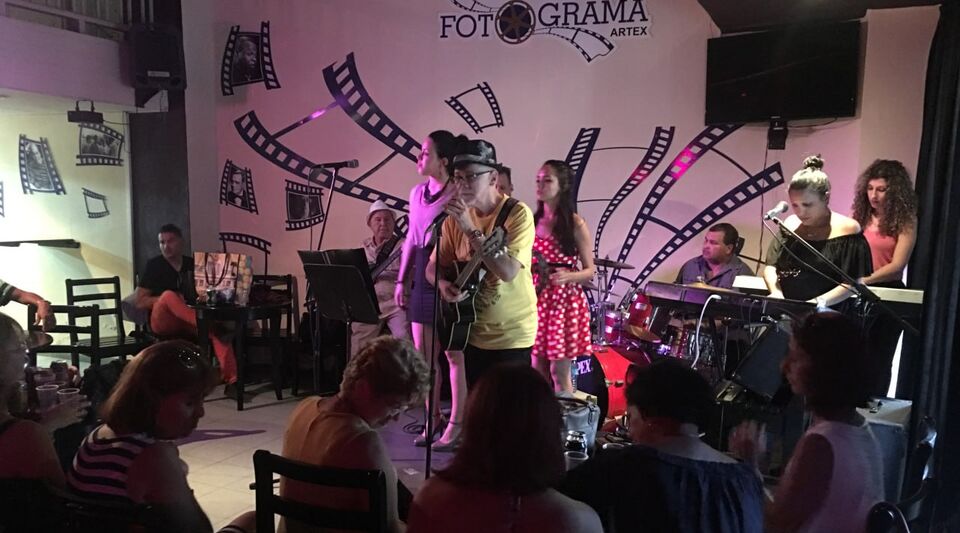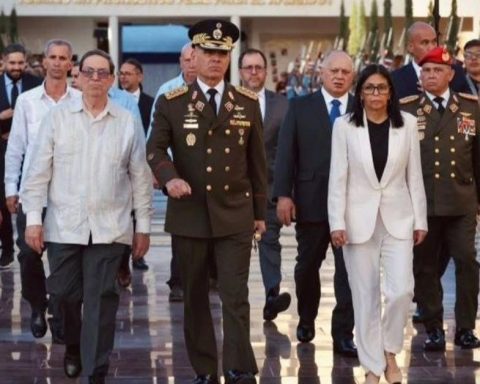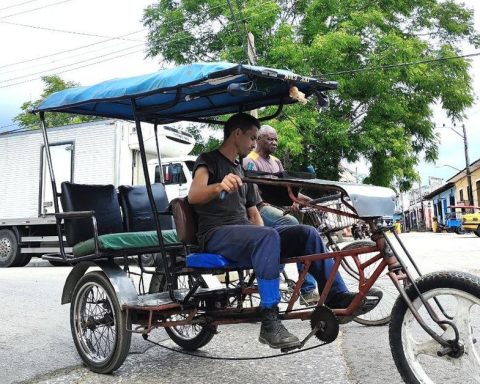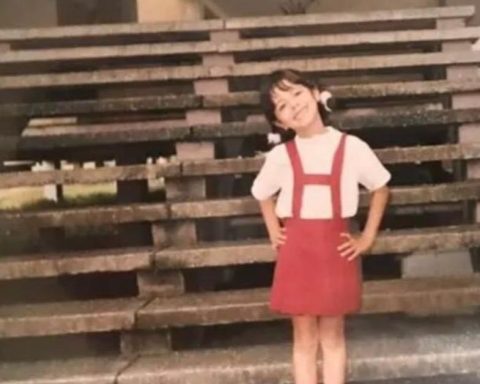“It is evident that the order to attack artistic companies was given,” says Ofelia, a Havana singer for whom the pandemic marked a turning point in her career. She has barely been on stage, she tells her to 14ymedioand when it has done so, it has not been through a representative agency or a state company, despite the fact that it is the only legal way to act in Cuba.
After reading the first part of the published special by Cubadebate Do music companies in Cuba represent their artists well? One hundred percent recognizes the problems of the state apparatus: inefficiency, corruption, labor breaches, untimely collections, bureaucracy and a host of evils that, however, are not new.
“I think this is to authorize the MSMEs [micro, pequeñas y medianas empresas] of artistic representation and eliminate state companies at once, because this has been raised for a long time and nothing has ever happened”, considers the soloist, who suspects that the Ordering Task could be the trigger for an eventual change. “They have always needed these companies to control the artists, but now that the peso is worthless… maybe they have realized that they can’t keep them. A MSME perhaps it is more profitable and can work for what a company that represents artists should be,” he says.
“I think this is to authorize the ‘mipymes’ of artistic representation and eliminate state companies at once, because this has been raised for a long time and nothing has ever happened”
For Ofelia, this would be effective for successful groups or artists with a certain level or fame, capable of providing good business for the company. Meanwhile, for a less commercial artist, such as those who animate evenings in bars or restaurants, in his opinion, a license to act and pay the corresponding taxes would be enough.
The possibility pointed out by Ofelia does not seem so distant. The extensive report on cubadebate contains an exclusive block dedicated to the recent messages from the Communist Party – of which the note is undoubtedly the heir – contrary to the system of artistic companies and in favor of a fundamental change.
“Music and entertainment companies and agencies demand a thorough review of their structural and functional bases,” indicated a report on the business system presented in the National Assembly and quoted this Tuesday in the text.
In addition, the words of Miguel Díaz-Canel in 2019 before the National Union of Writers and Artists of Cuba (Uneac) are quoted: “The complaint is heard a lot that the business system or the so-called cultural industries, in relation to artistic creation , in terms of their production, promotion and commercialization, they have been left behind”, he explained, to then specify: “There is plenty of dissatisfaction among artists and creators who must manage absolutely everything to disseminate or promote their work, while those who would have the responsibility to do so exercise a kind of parasitism from inactivity Artists have a duty to pay their taxes, but they should not have to pay companies if they have had nothing to do with the employment contracts, with their promotion or with its legal protection.
There are plenty of examples that the president was right on this occasion, without anything being done to solve it.
There are plenty of examples that the president was right on this occasion, without anything being done to solve it. Not only recited in the report of cubadebatewho has kept the anonymity of his sources, also confirmed to this newspaper by Ofelia.
“The system is not profitable: it does not work by meritocracy, but by levers that the artists have, corruption, bribes from top to bottom… For example: they hire you in a place and they pay you x amount of pesos, but the director of Municipal culture can ask you for 4,000 for her. That with me, I don’t want to think how it will be with these reggaeton artists who bring together so many people, “he complains.
On the Island, the report reviews, there are 14 provincial companies and one municipal, two provincial centers, two national and six artistic representation agencies that group 4,081 artistic units (669 subsidized and 3,412 non-subsidized) made up of 21,335 artists and support staff.
However, this mastodon, heir to the old provincial music centers – which became companies by law in 2012 – is good for nothing and lacks everything. “When there were two currencies, you could act in Cuban pesos or in CUC. If you did so, the percentage of the profit that in theory the companies kept would actually go to the Cuban Institute of Music, which is the ideological arm in all this. They took that, the company couldn’t use the currency to buy their things, fix a car… If an invoice had to be printed, there was no paper, there was no toner in the printer… In you can’t work in these conditions”, recalls Ofelia.
From 2015 he recalls one of the most dishonorable stories known in the capital, when a colleague of his came to write a letter published in rebel youth in which he denounced that the management of his company had spent a quarter of a million pesos in an unauthorized work, leaving the company without money and pocketing part of it. On the other hand, it is common for artists to take up to two months or more without getting paid for a performance.
“Sometimes it is because there is no transportation, other times there are no workers who can go to the bank or money to pay them, or they go to the bank and they are the ones who cannot even print the statement of accounts,” continues the artist.
“Sometimes it is because there is no transportation, other times there are no workers who can go to the bank or money to pay them, or they go to the bank and they are the ones who cannot even print the statement of accounts”
The testimonies cited by cubadebate they are not left behind. Even the winner of the controversial San Remo Music Awards contest, Aníbal Ramos, has to denounce the breach of contract after winning the contest. One of the prizes was the professional category, but a year later he still does not have the endorsement. “I knocked on many doors, and one of them resolved an audition that took more than nine months. To enter the company, it doesn’t matter what artistic or educational level you have because there is a parallel evaluation system,” reveals Ramos.
The troubadour Ariel Díaz, one of the few to give his real name, also intervenes in the report, and he does so to lament that companies neither promote work nor deal with advertising, logistics, production and, of course, the legal representation. There is no news that anyone has ever filed a lawsuit with the institution despite the long list of breaches by it, says the musician.
The catalog of complaints exposed in the official press is endless and at least a second note is expected judging by the numbering of the text, but its publication, when years ago it stopped being even an open secret, invites us to think that something moves in the world of music.
________________________
Collaborate with our work:
The team of 14ymedio He is committed to doing serious journalism that reflects the reality of deep Cuba. Thank you for accompanying us on this long road. We invite you to continue supporting us, but this time becoming a member of our newspaper. Together we can continue transforming journalism in Cuba.

















